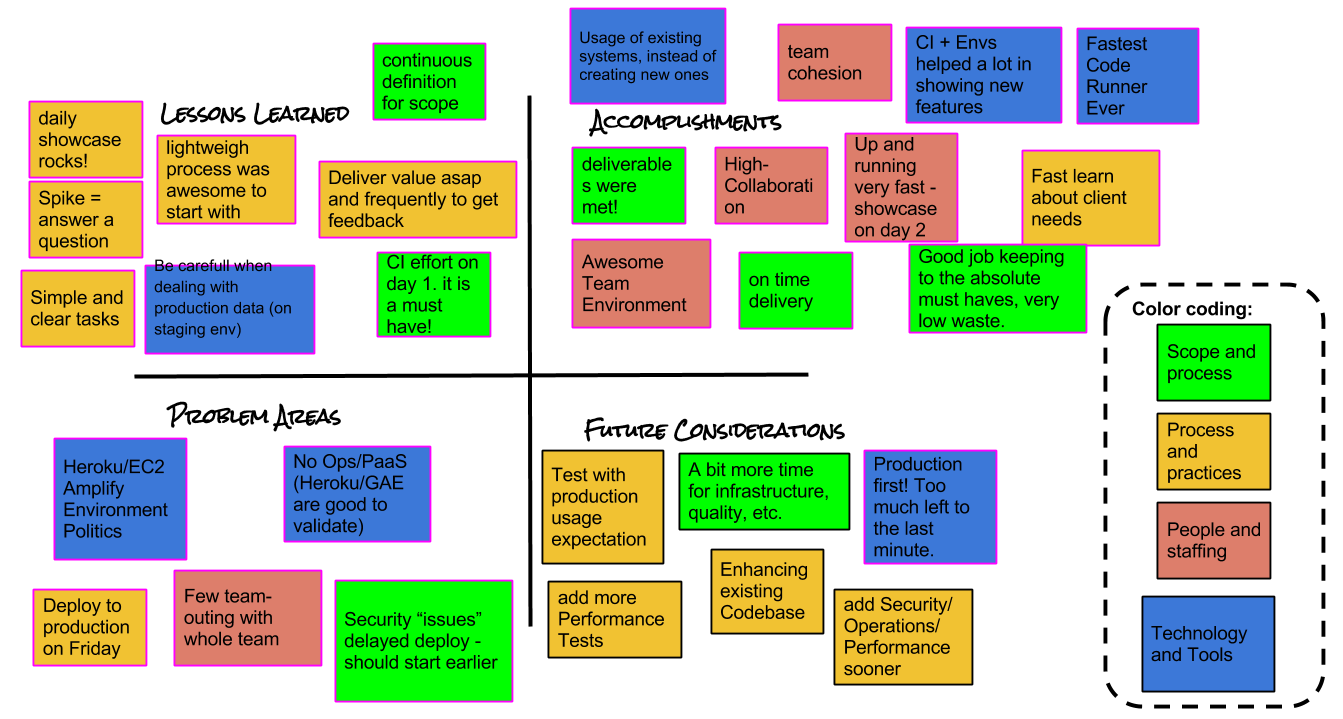
Other teams, such as the Marketing Team, often hold their retro meetings at the end of a campaign or a project. This type of meeting is all about team dynamics and performance and aims to address the question, 'How did we do?' The retrospective meaning is fairly simple to understand, yet many leaders don't quite grasp it fully.

For example, the Sales or Marketing team could join the review, especially if there are relevant features to boost sales. Sometimes, you might even include other stakeholders in the meeting. Okay, so you're ready to start facilitating a retro meeting for your team, but what about a sprint review? Is a sprint review meeting one of the weekly retrospective types? Sprint ReviewĪ sprint review talks about the specific features and story points delivered in a sprint, and mainly answers the question: What was done? Lastly, these retro recaps ensure that everyone continues improving with each sprint. Second, these retro meetings help identify potential challenges or retrospective issues based on experience, and therefore, ensure team members are more equipped to prepare for what may come up. First, they give the team time to review their performance and understand their strengths and weaknesses. This quote might be a cliche when it comes to emphasizing the importance of reviewing and learning from the past, but it's the best way to describe the importance of running retro meetings. By the end of this article, you'll be confident to run an effective retro that is productive and won't waste anyone's time. Apart from this, we'll cover the best agile retro tools to use to structure your retro meeting agenda.

RETROSPECTIVE EXAMPLES HOW TO
When it comes to how to run a retrospective, it's not complicated, but there are a few pointers you'll need to keep in mind if you want to run one successfully. That's why it's crucial to identify the meetings you need to hold, and without a doubt, a sprint retro meeting should be one of them. How many hours are lost to unproductive or pointless meetings? According to a survey from Get a Klu, a consulting and coaching firm, professionals lose 31 hours per month to unproductive meetings.


 0 kommentar(er)
0 kommentar(er)
